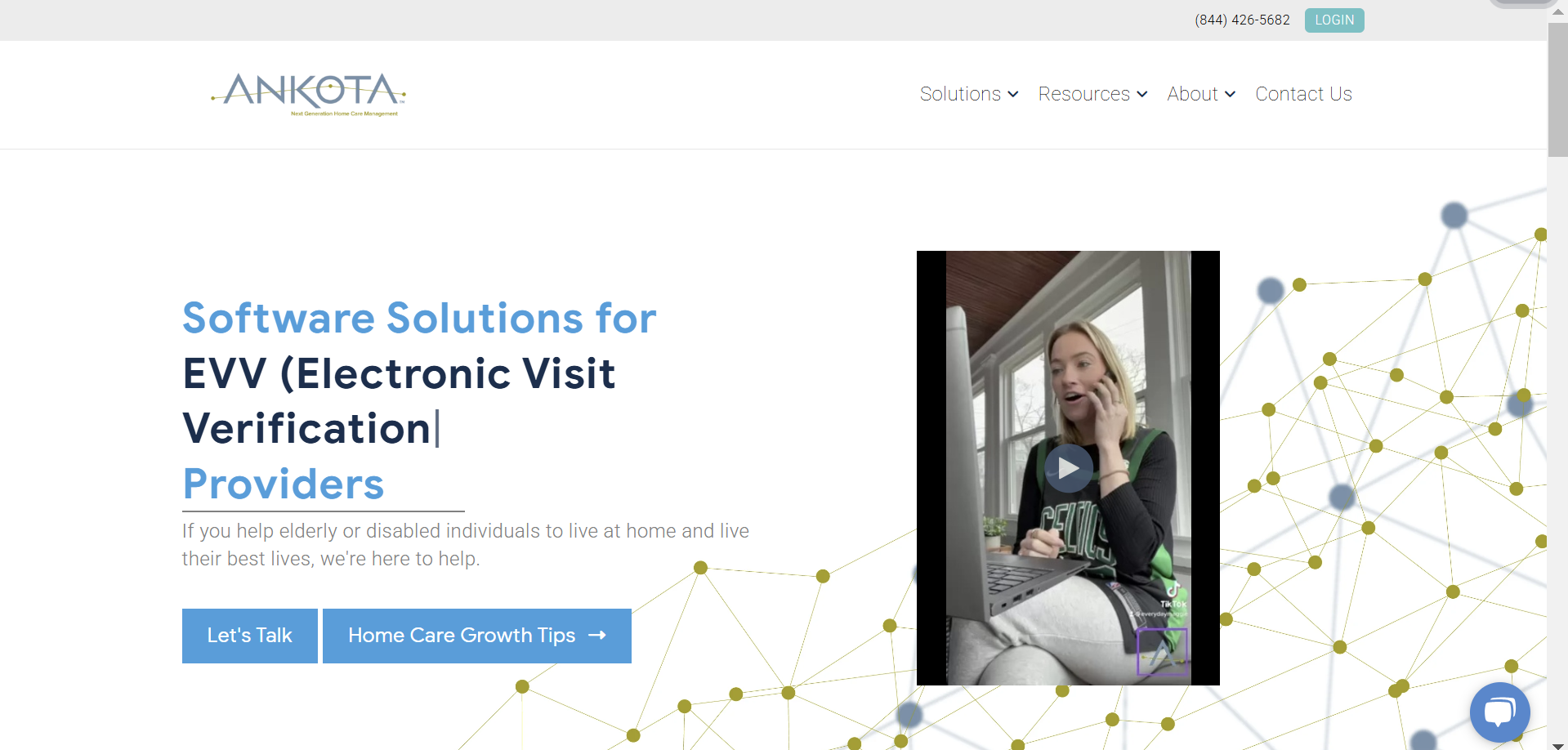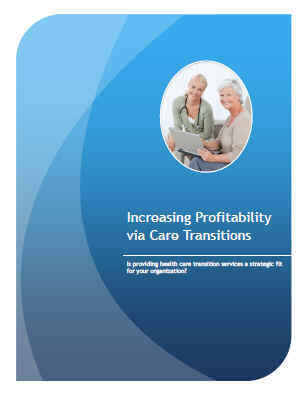We all know that a caregiver's job is both a difficult and an important one, especially considering the growing need for caregivers. In the same vein, increasing wages for caregivers will have an affect on agencies, owner/operators, and the clients themselves. That all said, it is an important topic to address.
Here's a pull-quote from the article, that I feel "sets the table" for the conversation:
The demand for home health assistants is projected to grow by 46.7 percent between 2016 and 2026 while the demand for personal care aides is expected to rise by 37.4 percent, Mass. Home Care said, citing the U.S. Bureau of Labor Statistics. But the state’s workforce — currently there are about 45,000 home care agency workers in the state — will not be able to meet that demand unless changes are made now, the advocates said.
Sen. Patricia Jehlen and Reps. Carmine Gentile and Aaron Vega pitched their legislation (S 358/H 630) that would direct the state to implement a wage- and rate-setting process for home care workers who serve the elderly and people with disabilities. The bill would ensure that trained home care workers are paid at least $17.25 per hour by July 1, 2023 and then at a rate that is at least 15 percent higher than the state minimum wage.
I suggest that you read the entire article here, since there are some eye-opening takeaways presented in it. To start, here are some statistics that you might find interesting. According to the article, here are the going rates for the following job roles (presumably in the state of Massachusetts):
Certified nursing assistants have an average hourly wage of $16.17 per hour
Personal care attendants are paid an average of $15.40 per hour
Home health aides are paid an average of $14.82 per hour
Homemakers and home health aides payment rates have not been increased since fiscal year 2015.
Take a look at the article and let us know what you think. Are you seeing or do you foresee similar changes being presented in you state? Please share your thoughts below in our comment section.
Also, if you have suggestions for topics or areas of interest to be covered in our blog, please reach out and let us know!
If you haven't read our latest eBook on managing a Home Care business, please click the button below to get your copy today!

Ankota provides software to improve the delivery of care outside the hospital, focusing on efficiency and care coordination. Ankota's primary focus is on Care Transitions for Readmission avoidance and on management of Private Duty non-medical home care. To learn more, please visit www.ankota.com or contact us.

.png)
.png)




.png)
.png)


